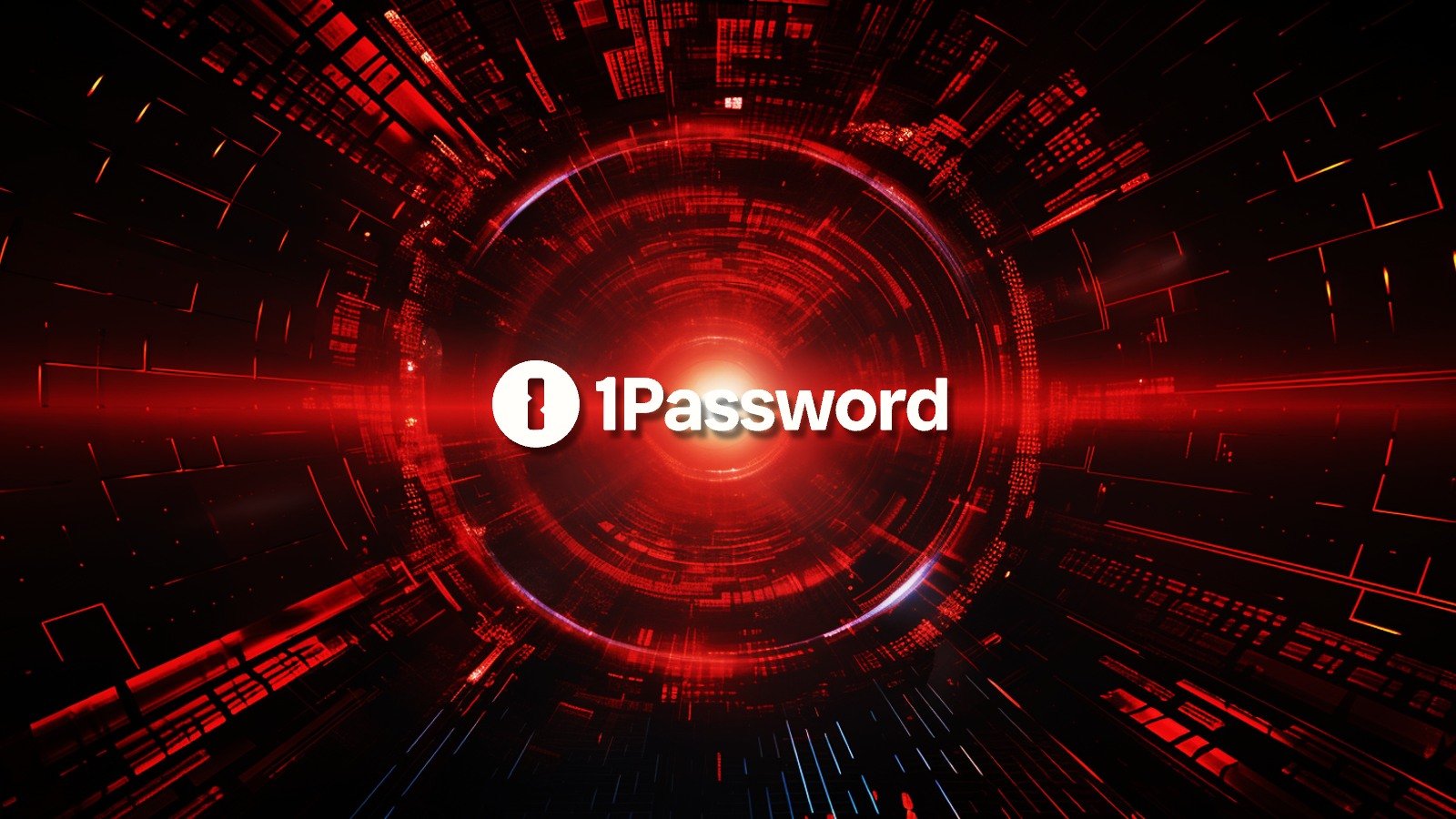
1Password, a popular password management platform used by over 100,000 businesses, suffered a security incident after hackers gained access to its Okta ID management tenant.
"We detected suspicious activity on our Okta instance related to their Support System incident. After a thorough investigation, we concluded that no 1Password user data was accessed," reads a very brief security incident notification from 1Password CTO Pedro Canahuati.
"On September 29, we detected suspicious activity on our Okta instance that we use to manage our employee-facing apps."
"We immediately terminated the activity, investigated, and found no compromise of user data or other sensitive systems, either employee-facing or user-facing."
On Friday, Okta disclosed that threat actors breached its support case management system using stolen credentials.
As part of these support cases, Okta routinely asks customers to upload HTTP Archive (HAR) files to troubleshoot customer problems. However, these HAR files contain sensitive data, including authentication cookies and session tokens that can be used to impersonate a valid Okta customer.
Okta first learned of the breach from BeyondTrust, who shared forensics data with Okta, showing that their support organization was compromised. However, it took Okta over two weeks to confirm the breach.
Cloudflare also detected malicious activity on their systems on October 18th, two days before Okta disclosed the incident. Like BeyondTrust, the threat actors used an authentication token stolen from Okta's support system to pivot into Cloudflare's Okta instance and gain Administrative privileges.
1Password breach linked to Okta
In a report released Monday afternoon, 1Password says threat actors breached its Okta tenant using a stolen session cookie for an IT employee.
"Corroborating with Okta support, it was established that this incident shares similarities of a known campaign where threat actors will compromise super admin accounts, then attempt to manipulate authentication flows and establish a secondary identity provider to impersonate users within the affected organization," reads the 1Password report.
According to the report, a member of the 1Password IT team opened a support case with Okta and provided a HAR file created from the Chrome Dev Tools.
This HAR file contains the same Okta authentication session used to gain unauthorized access to the Okta administrative portal.
Using this access, the threat actor attempted to perform the following actions:
- Attempted to access the IT team member's user dashboard, but was blocked by Okta.
- Updated an existing IDP (Okta Identity Provider) tied to our production Google environment.
- Activated the IDP.
- Requested a report of administrative users
1Password's IT team learned of this breach on September 29 after receiving a suspicious email about the requested administrative report that was not official requested by employees.
"On September 29, 2023 a member of the IT team received an unexpected email notification suggesting they had initiated an Okta report containing a list of admins," explained 1Password in the report.
"Since then, we’ve been working with Okta to determine the initial vector of compromise. As of late Friday, October 20, we’ve confirmed that this was a result of Okta’s Support System breach," Canahuati said.
However, there appears to be some confusion about how 1Password was breached, as Okta claims that their logs do not show that the IT employee's HAR file was accessed until after 1Password’s security incident.
1Password states that they have since rotated all of the IT employee's credentials and modified their Okta configuration, including denying logins from non-Okta IDPs, reducing session times for administrative users, tighter rules on MFA for administrative users, and reducing the number of super administrators.
BleepingComputer contacted 1Password with further questions about the incident, but a reply was not immediately available.


Comments
plat1098 - 5 months ago
Never even used a Password Manager, but I"m done with them. LastPass made that a permanent decision.
dustojnikhummer - 5 months ago
"Never even used a Password Manager, but I"m done with them. LastPass made that a permanent decision. "
I hope you realize that password manager =/= online password manager. KeePass is safe and local.
plat1098 - 5 months ago
An alternative is using a password generator, such as...1Password's. Saving it to Notepad and storing it on my offline HDD. Also safe and local.
ZorkNation - 5 months ago
KeePass encrypts the stored file with a main password so it can't be read by another compromised process on your device, and keeps the passwords only in memory or in the paste buffer when you copy them to paste into other systems. Plus the core code is open source and peer reviewed, although different implementation apps might not be. KeePassDX on Android is pretty handy. You can unlock the encryption credential with biometrics.
deltasierra - 5 months ago
I'm just annoyed that several security-related software vendors have been compromised thru Okta. It makes sense that Okta is aggressively targeted by basic and sophisticated threat actors alike, and for that reason, we won't touch them with a 10-foot pole.
Good on 1Password and BeyondTrust for containing the intrusions quickly. Everyone needs to realize that this wasn't a data breach for either of them -- these attacks were still at the intrusion phase. Tech journalists tend to use "breach" ubiquitously.
We were looking at 1Password before this and still are. Although their config changes in their Okta tenant is encouraging, I'd prefer to see them divorce given how sensitive the nature of password managers are.
It's a stark reminder how fragile and dependent our software supply chain is and how vendor & 3rd party risk management is still not where it needs to be. These sort of incidents are going to continue to limit both personal and enterprise adoption of password managers, justified or not.
Aerys99 - 5 months ago
1Password stores all your password data on their servers encrypted and AFAIK your actual password is the key to decrypt. Anybody have any contradictory info?
deltasierra - 5 months ago
Yep, they use a dual private key system so that they can't see the owners' data (and makes it harder for a bad actor to decrypt your data)
https://support.1password.com/secret-key-security/
plat1098 - 5 months ago
Thought I would add a little addendum. Glad to see that 1Password is a bit more forth-coming than LastPass ever was, for Pete's sake. Interestingly, 1Password used the free version of Malwarebytes on their systems and this was reportedly clean.
This is from my X source. Hopefully some still have accts. there and can access the blog.
https://twitter.com/dcuthbert/status/1716707319310876928
There is a blog that contains a pdf embedded within the X post that has more of the story, if anyone is interested.
deltasierra - 5 months ago
@plat1098 thank you for sharing that. I'm feeling like the MarlwareBytes free scanning thing was taken out of context; I'md curious to hear from 1Password more info around that and that they do have company-wide EDR in place.
BTW, I'm also a fan of LastPass and one of the versions on Android. They are pretty forthcoming about their potential security weaknesses, concerns, and public vulnerability disclosures. Of course, they should be since it's an open source project, but still, that isn't always the case and especially not on a lot of security-related software. Many vendors are downright dishonest and others still are borderline.